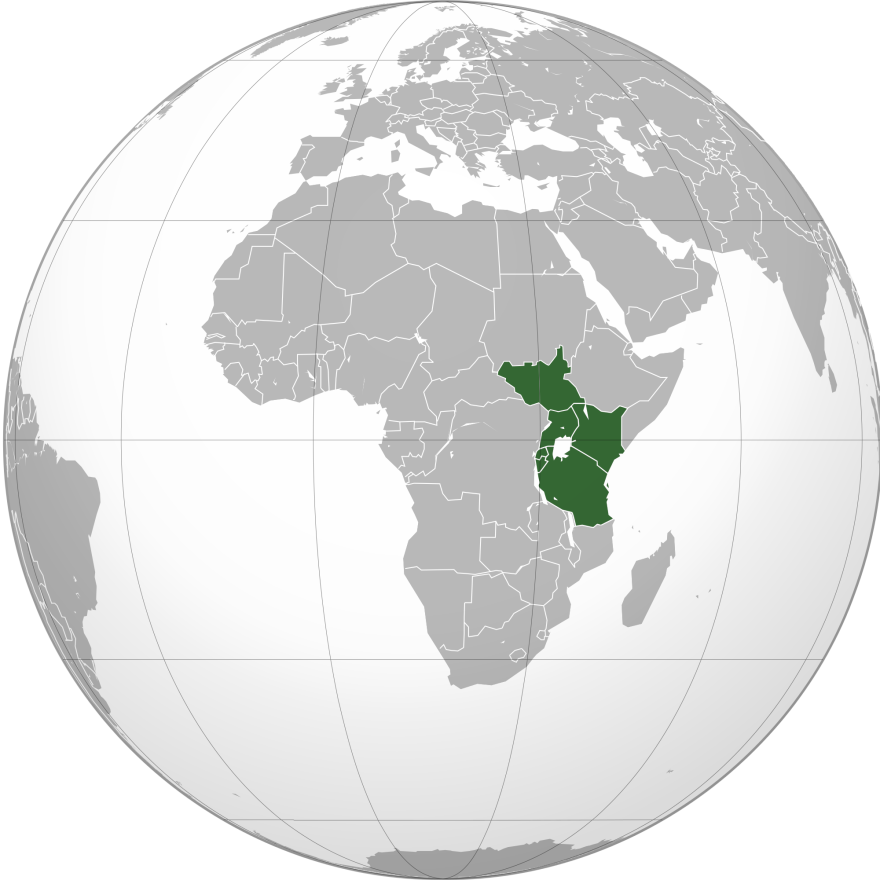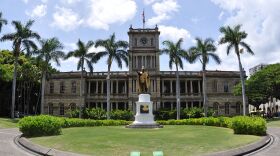At a time when international institutions created by the West are increasingly under fire from growing nationalist sentiments, a group of nations in East Africa is pursuing greater unity. The East African Community began as a trade bloc between three countries. It has since expanded to include six member natinos, a common passport, and its own parliament and court system.
The original East African Community, or EAC, began in the mid-20th Century between Kenya, Tanzania, and Uganda. It collapsed during the government of Ugandan dictator Idi Amin, who harbored disagreements over the community’s structure.

In 2000 the EAC was revived as a trade bloc between the original three-member states. It has since expanded to include the nations of Rwanda, Burundi, and South Sudan and has pursued a greater political and economic integration.
The six partners already participate in a customs union, an international parliament, and court of justice for settling supranational disputes, Justice Emmanuel Ugirashebuja is the President of that court.
Ugirashebuja told HPR that “the rule of law, good governance, democracy, and respect for human rights” are the foundational principles of the East African Community and other international unions.
He added that the presence of a judicial body for settling potential disputes among members is an important tool for avoiding conflict and even genocide.
It’s a topic that the justice knows well. He hails from Rwanda, the site of a genocide against ethnic Tutsi group in the 1990’s. It’s estimated that between 500,000 and 1 million Rwandans were killed, including 70% of the Tutsi population.

According to Ugirashebuja, Rwanda can serve as a lesson for how elements like discrimination or dehumanizing a particular group can morph into violence. But he said there are also positive takeaways from the genocide in Rwanda.
“However much you descend into violence, there is a possibility of coming out of that violence, as long as you include people and have proper governance structures.”
Creating space for individual and community dialogue, says Ugirashebuja, is necessary for peaceful and harmonious living.

While pursuing those goals, members of the East African Community continue to deeper integration. The creation of a common currency, similar to the Euro, is planned in the long-term, with the ultimate goal of a political federation between community members.
That is in sharp contrast to the words and actions leaders in the West, many of whom have pursued agendas of isolationism and disintegration.
Justice Emmanuel Ugirashebuja will be speaking at the University of Hawaii law school at 11:45 am on Thursday, March 7th. Details can be found here.
Listen to the full interview with Justice Emmanuel Ugirashebuja:



